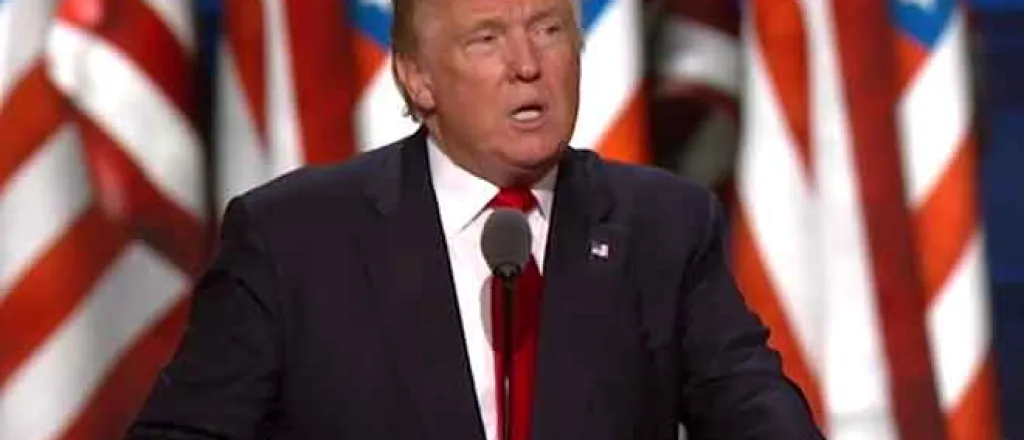
Three felony cases crowd Trump's campaign schedule
(The Center Square) – Former President Donald Trump faces an increasingly crowded court schedule in the run-up to the Republican nomination for president and the 2024 campaign, but even a felony conviction wouldn't bar him from serving as president if re-elected.
Trump, 77, faces felony charges in two federal cases and one state case. In Washington D.C., Trump faces four federal charges related to contesting of the 2020 election and connection to the storming of the U.S. Capitol building January 6, 2021. The charges include conspiracy to obstruct an official proceeding, conspiracy to defraud the United States, obstruction, and conspiracy against the right to vote and to have one’s vote counted, according to the indictment. Trump pleaded not guilty to all charges. A judge could set a trial date in that case later this month.
In Florida, Trump pleaded not guilty in June to 37 counts that allege he kept sensitive military documents, shared them with people who didn't have security clearance, and tried to get around the government's efforts to get them back. That federal case is tentatively set to go to trial in May 2024, right in the middle of the Republican presidential primary calendar. In late July, special counsel Jack Smith filed additional charges against Trump and two other men that allege Trump ordered employees at Mar-a-Lago, his Florida residence and social club, to delete security videos while he was under investigation for retaining classified documents. Trump is set to be arraigned on that superseding indictment August 10 in Fort Pierce, Florida.
Trump's attorneys asked U.S. District Court Judge Aileen Cannon to postpone the classified documents case until after the 2024 presidential election, citing among other things Trump's busy legal calendar. Cannon, a Trump appointee, set a trial date for May 20, 2024.
In New York, Trump pleaded not guilty in April to 34 felony counts related to charges he paid hush money to adult film star Stormy Daniels through a lawyer before the 2016 presidential election and covered it up as a legal expense before being elected president. That state case is set to go to trial in late March 2024, about three weeks after Super Tuesday, when more than a dozen states vote in the March 5 primary.
Trump could face additional charges in Georgia, where Fulton County District Attorney Fani Willis plans to present her case against Trump to a grand jury. That matter involves allegations Trump attempted to overturn the 2020 election results in Georgia, but no charges had been filed as of August 5.
Even if judges waive Trump's presence for most hearings in the three pending cases, the logistics could create headaches as Trump campaigns. Trump has said the charges amount to election interference.
"Every one of these many Fake Charges filed against me by the Corrupt Biden DOJ could have been filed 2.5 years ago, but they waited and waited until I became dominant in the Polls, and then they filed them all, including locals, right in the middle of my Campaign," Trump posted to his social media platform on Friday. "They want anybody but 'TRUMP.' Not fair and perhaps, not legal."
While the trials could complicate his campaign, not even convictions would disqualify Trump from the office he seeks.
"The Constitution does not bar felons from serving as President," said Richard Hasen, professor of law and political science at the University of California, Los Angeles.
Hasen noted that some seek to disqualify Trump from running or serving arguing he is ineligible under Section 3 of the Fourteenth Amendment. That section disqualifies any sworn officeholder who has "engaged in insurrection or rebellion against" the United States. "But Congress may by a vote of two-thirds of each House, remove such disability," according to the U.S. Constitution.
Hasen said it "is uncertain whether Trump could pardon himself."
"If he did that would be challenged," Hasen said.
Trump could not pardon himself from any state charges, however, Hasen said.
Federal acquittals are rare. In fiscal year 2022, 290 of 71,954 defendants in federal criminal cases, about 0.4%, went to trial and were acquitted, according to a Pew Research Center analysis.

















